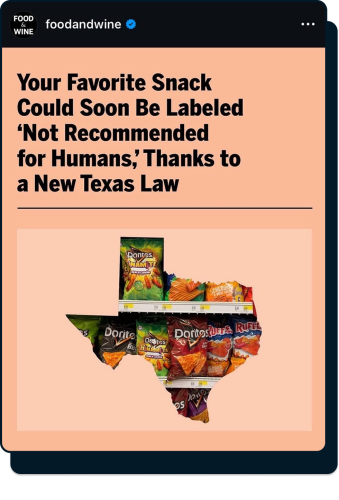
Hey Pies,
Are you watching Wimbledon, reading more, cooking your favorite berry dish? We want to know! ...
So, nostalgic brands are back, store brands are winning, and even food waste is getting a rebrand (with the culture of cute, of course).
Over the 4th of July, average cookout costs hit a three-year high. But the shifts happening in grocery aren’t just about price — they’re aboutpreference. Shoppers are ditching the can opener, embracing private label, and connecting with unexpected trends like cream cheese olives and emotionally persuasive discount stickers.
It’s a moment full of remixes, rebrands, and rethinks. Today, it is not just about what we eat, but how it’s made, sold, and remembered.


Not Safe for Human Consumption?
Texas just passed a law requiring warning labels on certain snack foods, stating they may be 'not recommended for human consumption', based on the inclusion of any of 44 different ingredients. Sound extreme? It’s modeled after EU food safety standards, which have been widely cited in recent debates around MAHA and ingredient reform. While the federal government stalls, Texas is making its own moves. The comparison to California’s Prop 65 is obvious, but this time it’s deep-fried — and politically charged.
Private Label: From Generic to Giant
Once considered the budget pick, private label is now a power player. Over 98% of U.S. households buy store brands, and Walmart's Great Value alone reaches 80%, making it the biggest brand in food.
Shoppers are rethinking what makes a brand worth it. It’s not just about savings — it’s about smart choices that feel aligned.
Consumers have more power than ever right now - and we are building for it.
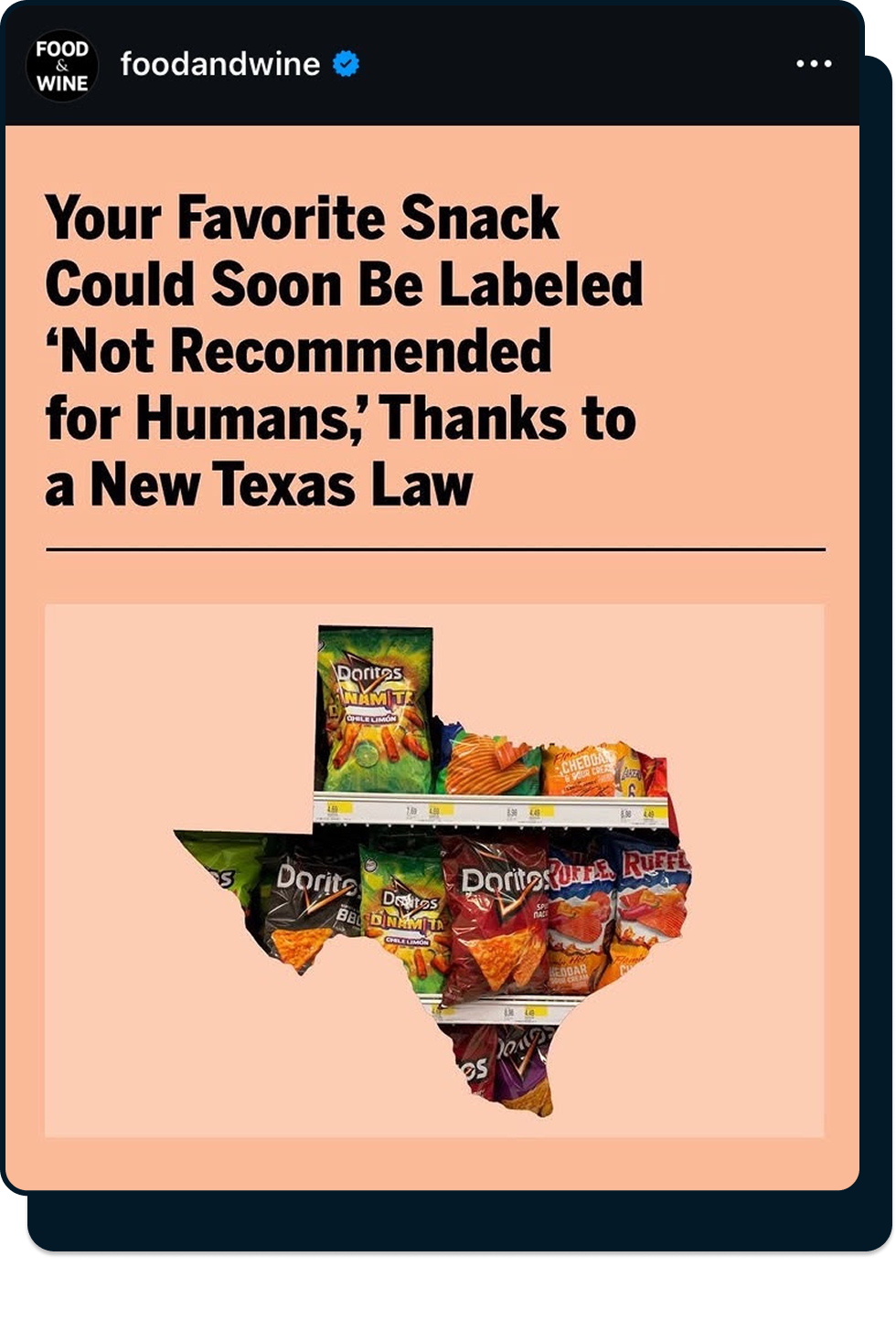
Brand Stretch or Brand Overreach
Brand extensions are everywhere right now...and not all are created equal. Big players like Nestlé, Smucker, and Kraft Heinz are moving beyond their corewith launches like cold coffee, gelato, and ethnic sauces. Meanwhile, Kraft’s Philadelphia cream cheese brand is stepping into bold new territory: they’ve introduced both a ready-to-spread cream cheese frosting and a cream cheese-stuffed olive, positioned as the ideal dirty martini garnish. It’s a twist on the classic blue cheese-stuffed olive, and a strong bet on savory indulgence.
Some brand extensions feel seamless and exciting, while others risk overreach. But when it’s done right

- like Philly’s playful pivot into cocktails and dessert - the payoff could be big.
Canned, and Canceled
Del Monte Foods has filed for Chapter 11 — and it's not just a bankruptcy story. After nearly 140 years, the brand that once defined shelf-stable convenience is facing the reality that consumers have officially broken up with the can opener.
Shoppers now want fresh over shelf-stable, organic over artificial, farmers' market vibes over “non-BPA liner” labels. Even as the company tried to modernize with products like Joyba bubble tea, canned peaches (sorry to grandma's cobbler

) and corn are getting ghosted. This is less about one brand’s downfall and more about how quickly consumer preferences are reshaping the aisle. The old-school pantry staple isn’t dead, but it’s definitely getting edged out by convenience with fresher optics.
This is still a huge opportunity for frozen aisle innovation. There truly is not enough diversity over here - still. It's not too cold to walk around profits - haha.
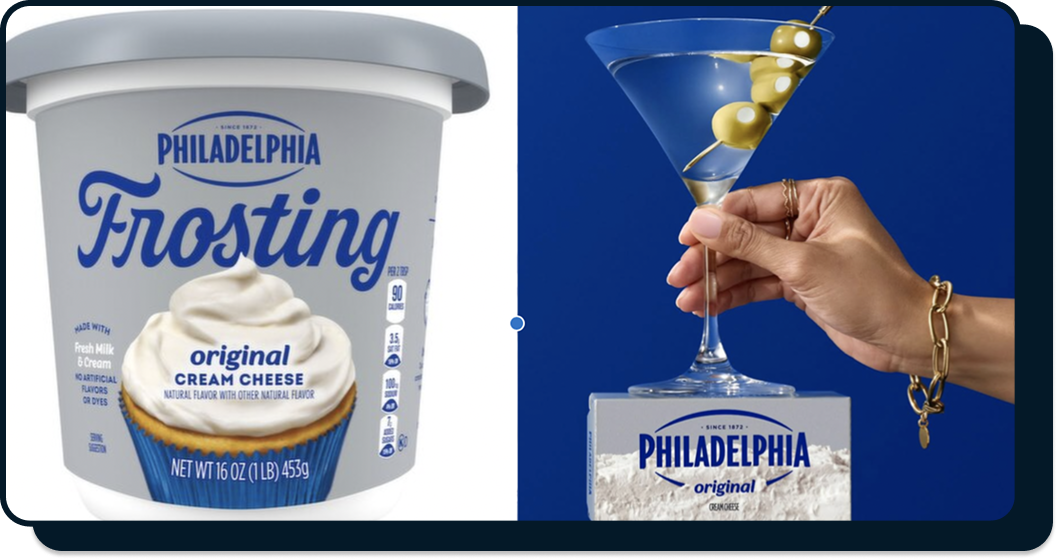
Fruit Forward: Passion for the Clean Label Win
As brands move away from synthetic additives, passion fruit is stepping up as both flavor and function. Rich in antioxidants and vitamins, it brings tropical flair and nutritional benefits: a clean-label solution that doesn’t sacrifice taste. The market is expected to hit $775M by 2033, thanks to growing demand in beverages, snacks, and supplements. Expect to see passion fruit everywhere this summer, not just in smoothies, but in functional drinks, desserts, and even personal care.
Food Waste Gets Kawaii
Retailers in Japan and beyond are using cute, emotional branding to help reduce food waste — and reframe discount shopping. A standout example comes from FamilyMart, where a teary-eyed rice ball sticker reading "Please help me" turned heads. The kawaii (it means cute, adorable, or charming) design helped remove the stigma of picking up markdown items, making it feel like a kind act instead of a bargain hunt. The result? More items rescued from the trash, and shoppers feeling good about their choices.
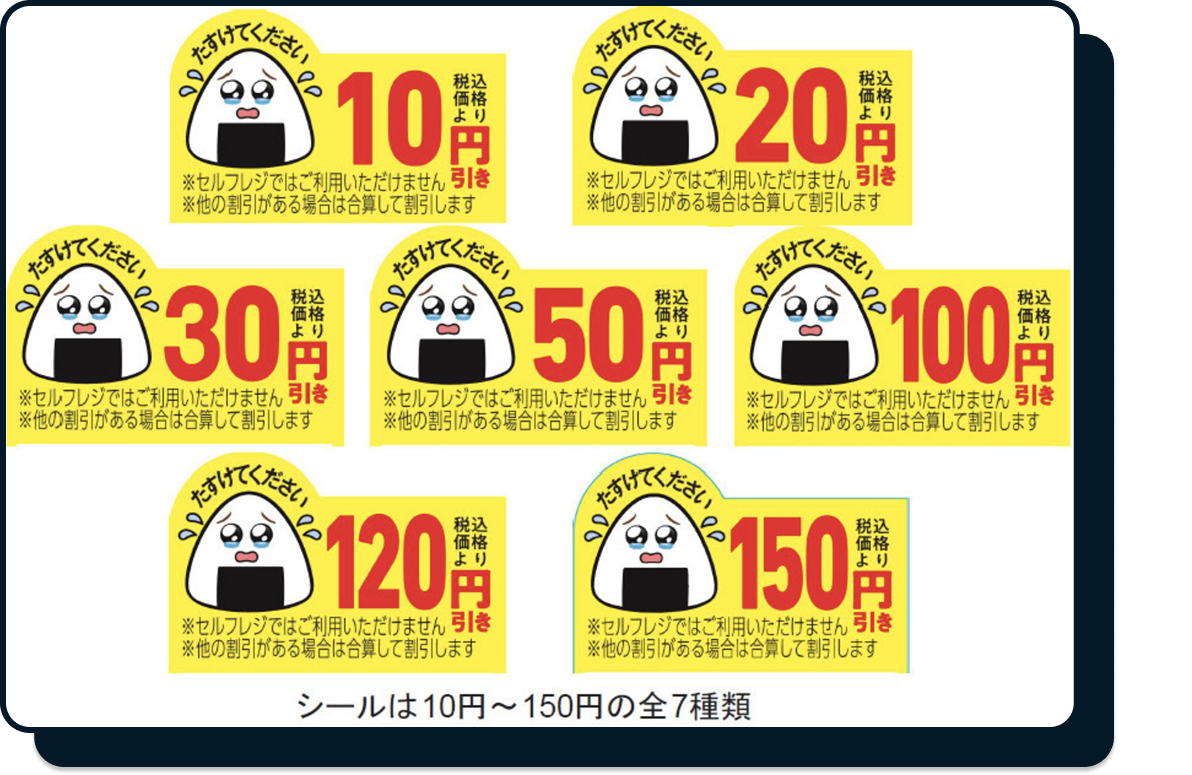
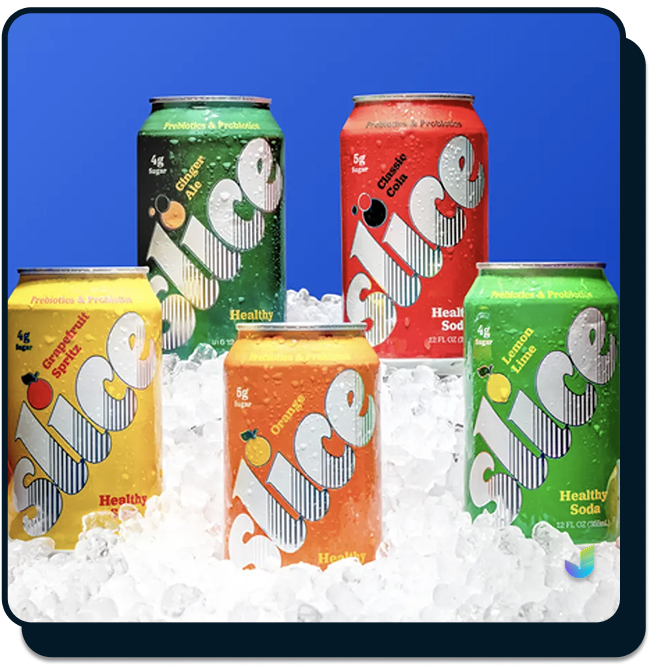
Nostalgia Lab: Brands That Refuse to Die
Pie isn’t the only thing making a comeback...so are discontinued snack brands. Food Dive highlights the revival of once-shelved names like Slicesoda, Hydrox cookies, Odwalla smoothies, Jolt Cola, and more. These relaunches tap deep brand recognition, offering one shortcut to reconnect with nostalgic consumers.
But resurrection isn’t easy. Founders face a dual challenge: appeasing longtime fans while updating flavors, ingredients, and aesthetics for modern palates. As one expert put it, it's often “easier to resurrect but harder to sustain.”
Still, when done right, smart revivals can win big by:
Keep an eye on this trend: nostalgia has momentum, but only if revival respects memory and relevance.
Dubai Chocolate: So Fancy It’s Satire
Crowned “most annoying trend” of the Fancy Food Show by Errol Schweizer, Dubai chocolate (knafeh + pistachio cream + milk chocolate) went viral for its layered decadence — and for inspiring a thousand knockoffs.
But no roast hit harder than the one from Food is Stupid, with Dennis Lee's “Seoul Chocolate” mimicking the aesthetic but using crunchy instant ramen noodles and red bean paste. The point? Some trends are more about TikTok than taste.
That’s The Pie.
Your inbox is full of hype. We aim to send you headlines worth the digestion. Have an event or idea you want featured? Spotted a quiet breakout brand? Hit reply.
Eat well. Build smart.
— Journey Team
For more insights and updates, follow us on social media or visit our website at Journey Foods.
